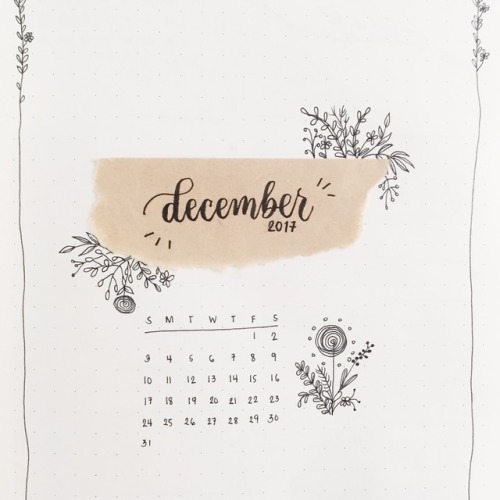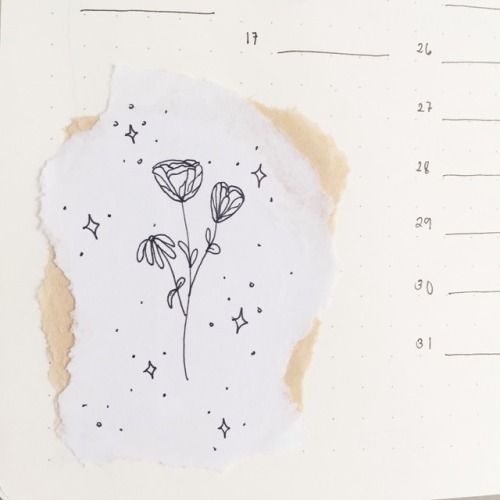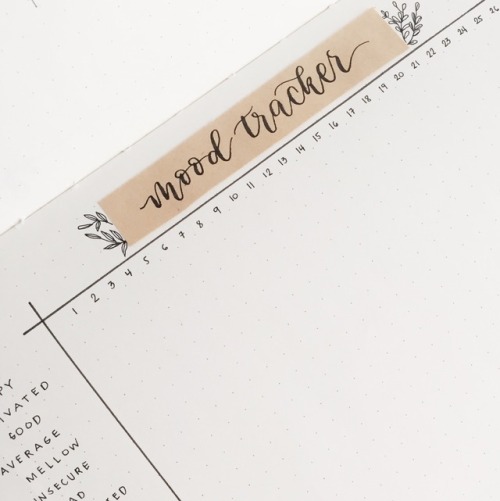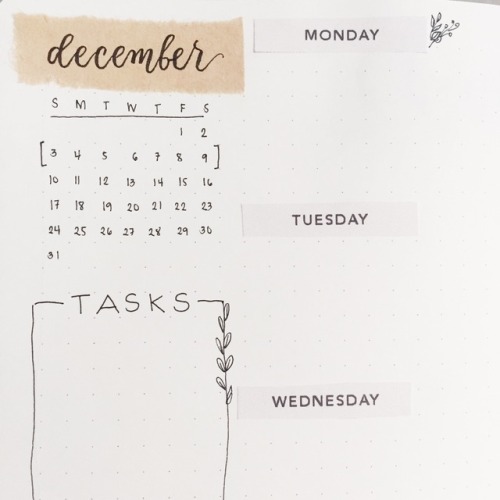I Received An Ask From @sunset-study Asking Me How To Annotate Texts So I Thought I Would Do A Post Giving

i received an ask from @sunset-study asking me how to annotate texts so i thought i would do a post giving some of my tips! as an English literature student, i spend a lot of my time doing annotations on loads of different types of texts so i think i have some good advice that i can give. i hope that you will find this helpful and if you have any other questions, please feel free to send me an ask!
disclaimer: these are my personal tips and experiences and i’m sure that there are many more that are relevant. i have tried to do a little bit of research to get some other ideas which hopefully will make this a useful post but as always i appreciate others adding their opinions and advice in the comments!
[Estimated Reading Time: 7 minutes]
What is covered:
General Tips
Things to look for
Specific Tips for Annotating Novels
Specific Tips for Annotating Plays
Specific Tips for Annotating Poetry
Other resources
Keep reading
More Posts from Oliviasstudyblrshit and Others

Daily Blog.
Hi, since I just finished binge watching Naruto Shippuuden, I am now starting on taking classes from edX. Unfortunately, the broke me can't afford to get certificates from them. Nevertheless, I did find applications similar to this.
Udemy - I haven't really started a class on this app, but so far there's a variety of classes you can choose from, some are free while some are paid. The certification is the same with edX, only paid classes will guarantee you a certification.
Saylor - I plan on studying here next. All of the classes here provides free certification. The only downside is the poor selection of classes you can enroll in.
ERYUTech App - this is an app for the channel ERYUTech, and this is hosted by a Filipino. They provide webinars of various topics. Certification is also available, but only when you've pass your outputs/exam. I attended a webinar here, about Filipino Sign Language, so far so good (I still haven't submitted my output tho, oopsies!)
Facebook Blueprint (Blueprint) - according to Google Play, this app is still undertesting period. But as the name suggest, it's owned by Facebook. Furthermore, this course app focuses on teaching classes related to using Facebook Marketing (similar topics to that). I guess if you're interested in being a pro in marketing at facebook (which I plan on doing, lol) this app will really help you. It also provides a free certificate, as long as you "pass" the exam.
I honestly found more course apps while I was searching online, but majority of them are available using the browser. Which, unfortunately, I cannot dive into so much because my pc's broken.
Anyway, I hope this is helpful to you guys!
xoxo,
Ps. The girl is ms Olivia Hye from LOONA, belated Happy Orbit day to my fellow Orbit babes!!!
071120. Residence



august 5th 2020 // been feeling a bit low lately, i always get this feeling in the summer like i’m wasting valuable time doing nothing and yet i’m still putting off my summer work oops. did my first bujo spread since october today though and i’m feeling a lot more motivated and organized! now to crack on with my mountain of IAs and revision for IB mocks in october eeek. hope everyone’s having a good summer and staying safe :)

A GUIDE TO JAPANESE PITCH ACCENT
Japanese pitch accent is something so rarely taught in Japanese language classrooms – or textbooks for that matter – that learners from beginner to advanced levels have no idea what it is. Pitch accent is called 高低(こうてい)アクセント in Japanese, and it refers to the high and low pitches placed on Japanese words in order to help distinguish them from other, similar-sounding words.
For example, let’s look at 橋 端 and 箸. All 3 of these kanji are read “はし,” but the difference is that the first はし means bridge, the second means edge, and the third means chopsticks. But how are you supposed to differentiate these words outside of context or reading their kanji?
Pitch accent.
There are a lot of Japanese natives that don’t even understand what 高低アクセント is, but it’s what makes or breaks native- versus foreign-sounding speech. While in context a native will understand that the かえる you mean is 帰る (to return) and not 蛙 (frog), one is pronounced differently, and using 蛙’s pitch accent where 帰る’s would be used is something a native will notice.
DISCLAIMER: This is not a full lesson on pitch accent, but merely an introduction and overview. At the end I’ve listed additional resources to further Japanese pitch accent study, but it’s something that takes time and effort. A single Tumblr guide will not teach you Japanese pitch accent.
TABLE OF CONTENTS 1. Introduction & FAQ 2. Essential Vocabulary 3. Indicating Pitch Accent 4. Golden Rules 5. Examples 6. Additional Resources 7. Conclusion
Keep reading



"But you came over me like some holy rite
And although I was burning, you're the only light
Only if for a night "
Art journal spread inspired by Joan of Arc and Florence Welch 🥀✨


Are you guys following me on IG? If not, check me out 🥰 @yukkuristudies I’m a lot more active on there ✨
And what about japanese? Can you recommend some accounts that study japanese?
I know there are a lot of great accounts that are learning Japanese, but I’m not familiar with a lot of them, since I’ve never studied it myself!
@jibunstudies has a lot of great Japanese masterposts, and I think that @gloomstudy was learning Japanese at one point, but I don’t know if she still is!
Please feel free to recommend any other blogs that study Japanese!
TALK TO ME IN KOREAN IS ALL PAYED NOW!!!!
Do you have anything at all from TTMIK to share for free???????? I like they curriculum but I can't pay subscription. My parents won't give a cent for Korean. They think I will have more success and oportunities if I learn French or German. I would appreciate anything you can give me. Tnx a lot! Love ur blog!
Hey! Here ya go! You can begin with this (all levels are included): audio, textbooks, workbooks and stuff like that.
I also have few of their "kpop fan letters" and books like that. But I don't think it can help you much at the beginning.
-
 nefarious-virgo liked this · 5 months ago
nefarious-virgo liked this · 5 months ago -
 aceoflights liked this · 1 year ago
aceoflights liked this · 1 year ago -
 thesis-and-confuzled reblogged this · 1 year ago
thesis-and-confuzled reblogged this · 1 year ago -
 yandumandu liked this · 2 years ago
yandumandu liked this · 2 years ago -
 think-inspiration liked this · 2 years ago
think-inspiration liked this · 2 years ago -
 based-and-rinpilled liked this · 2 years ago
based-and-rinpilled liked this · 2 years ago -
 based-and-rinpilled reblogged this · 2 years ago
based-and-rinpilled reblogged this · 2 years ago -
 coquetteletters liked this · 2 years ago
coquetteletters liked this · 2 years ago -
 hallowgrey liked this · 2 years ago
hallowgrey liked this · 2 years ago -
 khioniya reblogged this · 2 years ago
khioniya reblogged this · 2 years ago -
 namicodes liked this · 2 years ago
namicodes liked this · 2 years ago -
 letscandyme liked this · 2 years ago
letscandyme liked this · 2 years ago -
 studylands liked this · 2 years ago
studylands liked this · 2 years ago -
 megslilpony liked this · 2 years ago
megslilpony liked this · 2 years ago -
 pussytightpussycleanpussyfrresh liked this · 2 years ago
pussytightpussycleanpussyfrresh liked this · 2 years ago -
 qinstudies liked this · 2 years ago
qinstudies liked this · 2 years ago -
 magnificentsandwichstrawberry liked this · 2 years ago
magnificentsandwichstrawberry liked this · 2 years ago -
 may-bcxo liked this · 2 years ago
may-bcxo liked this · 2 years ago -
 vhaldrik liked this · 3 years ago
vhaldrik liked this · 3 years ago -
 friendowldesign liked this · 3 years ago
friendowldesign liked this · 3 years ago -
 savvnog liked this · 3 years ago
savvnog liked this · 3 years ago -
 mfreedomstuff reblogged this · 3 years ago
mfreedomstuff reblogged this · 3 years ago -
 sunghoonhugs reblogged this · 3 years ago
sunghoonhugs reblogged this · 3 years ago -
 ignis9206 liked this · 3 years ago
ignis9206 liked this · 3 years ago -
 curufinwesimp liked this · 3 years ago
curufinwesimp liked this · 3 years ago -
 ahobbitstudies reblogged this · 3 years ago
ahobbitstudies reblogged this · 3 years ago -
 hobbitinthelibrary liked this · 3 years ago
hobbitinthelibrary liked this · 3 years ago -
 studywithmia reblogged this · 3 years ago
studywithmia reblogged this · 3 years ago -
 kei-is-a-potato liked this · 3 years ago
kei-is-a-potato liked this · 3 years ago -
 anonymitie liked this · 3 years ago
anonymitie liked this · 3 years ago -
 wlweyler liked this · 3 years ago
wlweyler liked this · 3 years ago -
 burningcakedetective reblogged this · 3 years ago
burningcakedetective reblogged this · 3 years ago -
 firstsaladclodcalzone liked this · 3 years ago
firstsaladclodcalzone liked this · 3 years ago -
 artyzm-dla-artyzmu liked this · 3 years ago
artyzm-dla-artyzmu liked this · 3 years ago -
 sammiestudiesdrugs reblogged this · 3 years ago
sammiestudiesdrugs reblogged this · 3 years ago -
 academiaandarson reblogged this · 3 years ago
academiaandarson reblogged this · 3 years ago -
 shannon-studies reblogged this · 3 years ago
shannon-studies reblogged this · 3 years ago -
 ezraetudie reblogged this · 3 years ago
ezraetudie reblogged this · 3 years ago -
 sarca-sti-ch-um-an liked this · 3 years ago
sarca-sti-ch-um-an liked this · 3 years ago -
 oliviasstudyblrshit reblogged this · 3 years ago
oliviasstudyblrshit reblogged this · 3 years ago -
 obiiviousolivia liked this · 3 years ago
obiiviousolivia liked this · 3 years ago -
 sweetdeanangelpaper liked this · 3 years ago
sweetdeanangelpaper liked this · 3 years ago







